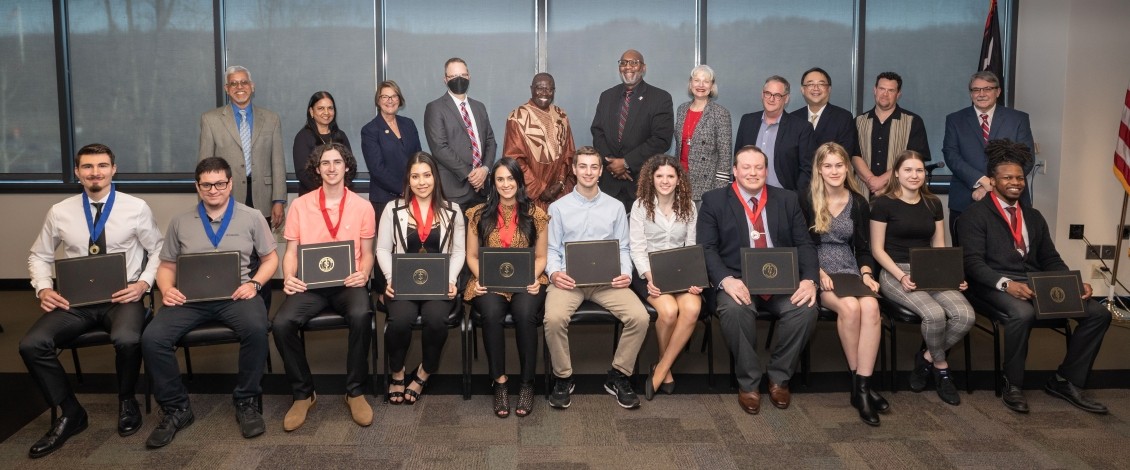
Council on Undergraduate Research
Council on Undergraduate Research - Facts
The mission of the Council on Undergraduate Research (CUR) is to support and promote high-quality undergraduate student-faculty collaborative research and scholarship.
CUR believes that faculty members enhance their teaching and contribution to society by remaining active in research and by involving undergraduates in research. CUR’s leadership works with agencies and foundations to enhance research opportunities for faculty and students as well as:
- Supports faculty development through Institutes in Institutionalizing Undergraduate Research, Initiating and Sustaining Undergraduate Research Programs, Proposal Writing, Social Sciences and Humanities, and Beginning a Research Program.
- Publishes books and articles related to creating, managing, and evaluating undergraduate research programs; mentoring undergraduate researchers.
- Assists administrators and faculty members in improving and assessing the research environment at their institutions.
-
Provides information on the importance of undergraduate research to state legislatures, private foundations, government agencies, and the U.S. Congress.
CUR welcomes faculty and administrators from all academic institutions, but individual members affiliate with one of twelve divisions: Arts & Humanities, Biology, Chemistry, Engineering, Geosciences, Health Sciences, Mathematics and Computer Science, Physics and Astronomy, Psychology, Social Sciences, plus a division for Undergraduate Research Program Directors and an At-Large division for administrators and other disciplines.
What is Undergraduate Research?
An inquiry or investigation conducted by an undergraduate student that makes an original intellectual or creative contribution to the discipline.
What are the Benefits of Undergraduate Research?
- Enhances student learning through mentoring relationships with faculty
- Increases retention
- Increases enrollment in graduate education and provides effective career preparation
- Develops critical thinking, creativity, problem solving and intellectual independence
- Develops an understanding of research methodology
- Promotes an innovation-oriented culture
Contact Us
Contact Information
- Campus Address
- Stroud Hall 103
- Phone:
- (570) 422-3449
- Title of Department Leader
- Dean College of Arts & Sciences
- Name
- Nieves Gruneiro-Roadcap
- E:
- ngruneiror@esu.edu



